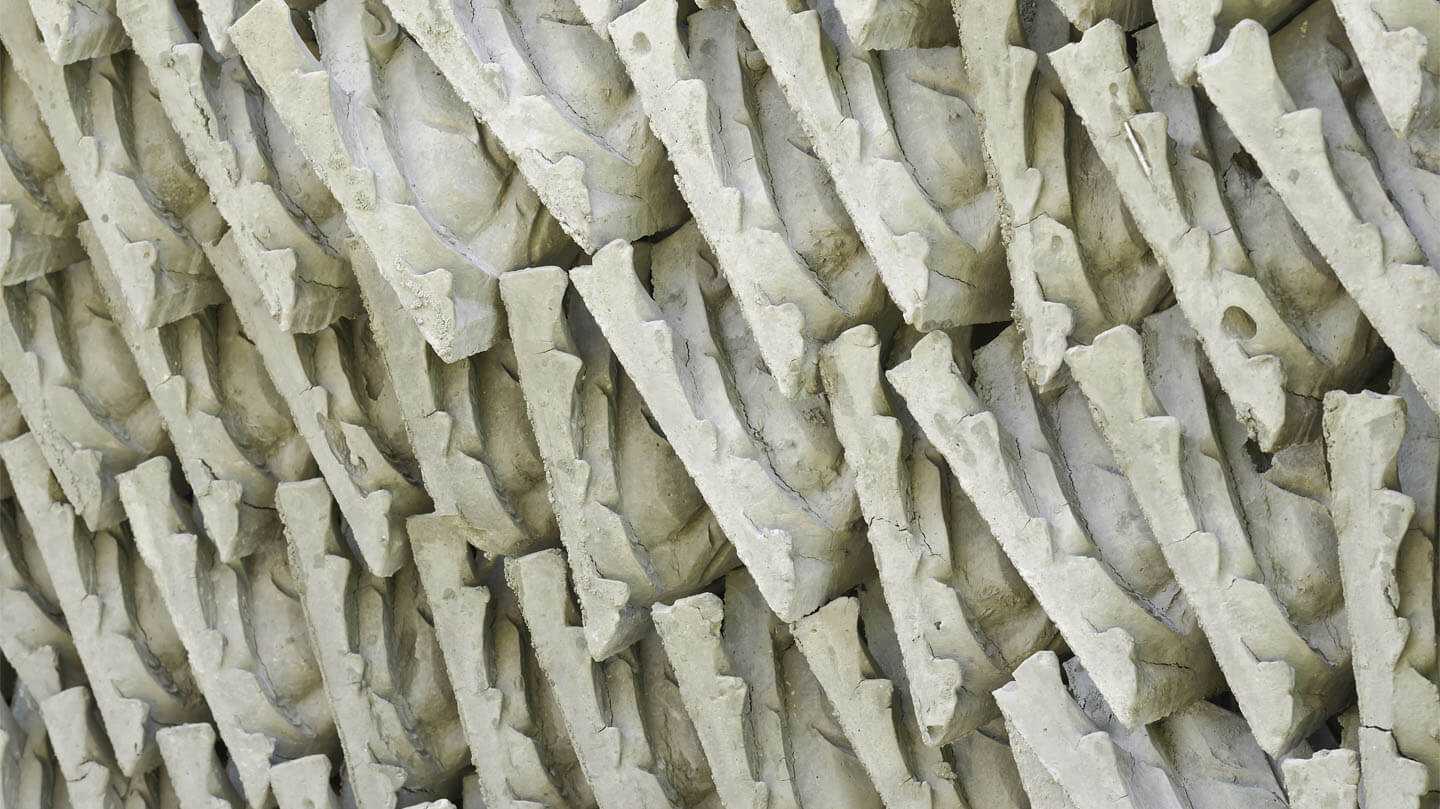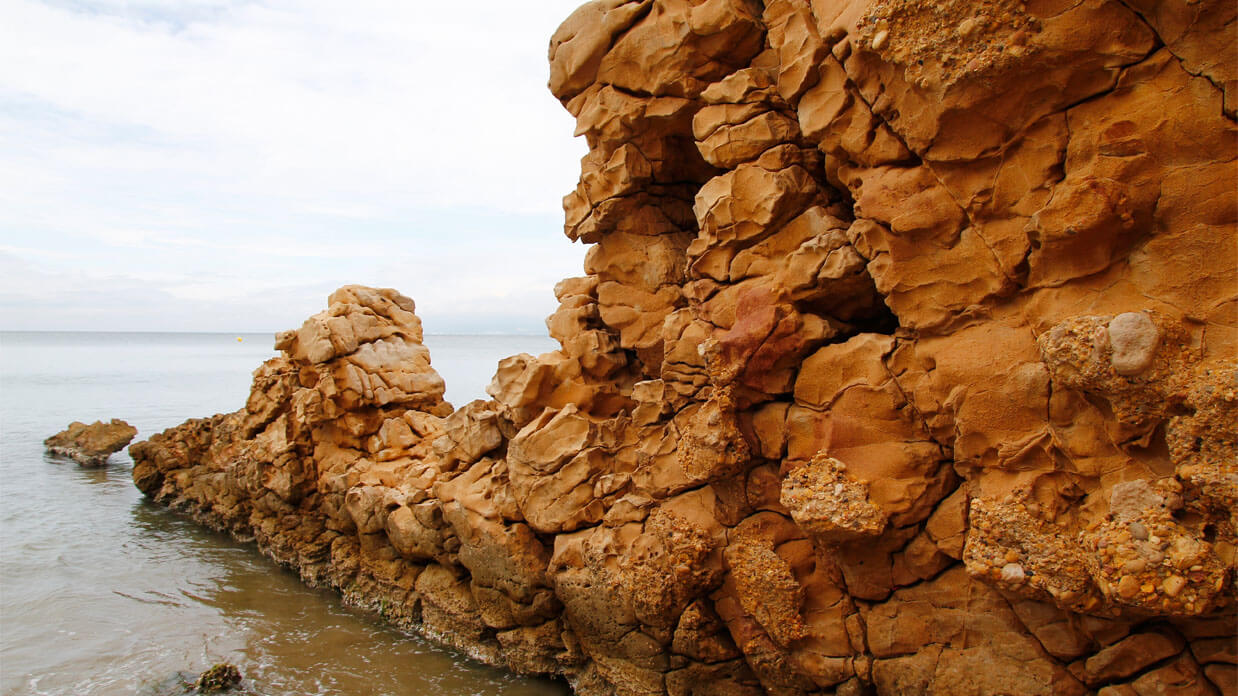We use first and third-party cookies for analytical and statistical purposes and to show you personalised advertisements based on a profile compiled from your browsing habits (e.g. pages visited). For more information, click on our Cookie Policy. You can accept all cookies by pressing 'Accept', you can reject all cookies by pressing 'Reject', or you can customize your choice by pressing 'Manage'.
L. Pernía: how to execute and collect 97% of the European Funds.


Alfonso Pérez Carballo, Managing Director of L. Pernía, discusses the energy project that received NextGen EU funds, in a conversation with Emma Montserrat, Head of European Funds and Deputy Assistant Managing Director at Bankinter.
The combination of solar and thermal energy has allowed the company to save on electricity and gas consumption and thus improve business profitability, one of the levers that will open up the possibility of seeking new markets. The story began in post-war Spain, when Lucio Pernía, a Cantabrian cattle farmer with an entrepreneurial spirit, discovered the nutritional properties of organic waste from the beer brewing process.
Today, L. Pernía is a benchmark in this type of processing, collecting 80,000 tonnes of bagasse per year to transform it into livestock feed. This consumes an intense amount of energy, and the announcement of the European Funds in 2021 opened their eyes. “We have been serving food companies for 40 years, using the products generated by the brewing industry during its processes,” explains Alfonso Pérez Carballo.
“In the past, all these products were worked with when they were wet, which causes fermentation and makes them spoil. The innovation consists in stabilising them to obtain new, more interesting uses,” says the chief executive of L. Pernía. Drying is a complex process and requires significant energy expenditure. The Renewable Energies PERTE came to their aid.
An Energy PERTE for the entire industrial sector
The ERHA PERTE is one of the first PERTE deployed in Spain to channel NGEU funds. It was in December 2021 when the Council of Ministers approved the Renewable Energies, Renewable Hydrogen and Storage (ERHA) Strategic Project for Economic Recovery and Transformation (PERTE). It is expected to create 280,000 jobs in the coming years and mobilise €6.9 billion in public subsidies and €9.5 billion in private investment.
L. Pernía is one of the Spanish SMEs that has taken advantage of the PERTE grants, in order to make its industrial process more efficient and sustainable. Where possible, it uses solar self-consumption and thermal energy.
“We are not an energy company, but we are large energy consumers. That's what makes the difference between the process being viable or not: the intensity of energy – and especially the cost of energy,” emphasises the Managing Director in his conversation with Emma Montserrat.
This new solar and thermal infrastructure has enabled the company not to depend on the fluctuations in energy prices and, moreover, to operate using 100% renewable sources. “And that's positive because energy costs have skyrocketed, and we are now energy independent. Not only does it not matter to us what happens to the price of energy, but even a power outage would not affect us,” comments Alfonso Pérez Carballo.

The numbers: a €6.8 million investment, with a direct grant of €3.97 million
The solar and thermal installation would have been an unaffordable investment without external support, costing millions of euros. “The project cost amounted to €6.8 million. And we received a €3.97 million grant. Nearly 60%,” says the executive.
And what about the money that L. Pernía has to pay in advance until the funds are disbursed? This is where external financing comes into play, designed to shorten the investment period and help the project to pay off as soon as possible. “Bankinter played a very important role because without your help, it would not have been possible. Without that oxygen balloon that you gave us, it would have been unfeasible to make the project a reality”, explains the Managing Director.
The positive consequences of the investment range from environmental benefits to financial savings in one of the most critical costs of the operation, as well as process improvement. “The benefits are very clear. First, it gives us more growth speed. It also gives us geographical coverage: We can tackle new markets,” explains the executive, who sums up the result with the equation of Velocity + Geographical Expansion.
“Your experience is very enriching for other companies,” Emma Montserrat points out during the interview. “Your project is innovative, and I'm sure there are many companies with projects on the table that are finding it hard to find the courage to apply for NGEU funds and have doubts about whether or not these funds can reach them. You are an example that the funds do come through and that they allow you to develop projects,” summarises the Head of European Funds at Bankinter.
Now, with the investment executed and practically all the funding dispersed, L. Pernía is in the process of justifying the grant, A process for which they can count on Bankinter for advising, as well as that of the consulting firm FI Group, specialised in European Funds.
The ticket to apply for the European Funds: FI Group and Bankinter
Two years ago, Bankinter chose FI Group as a partner to promote the use of Next Generation EU funds among its business customers. This consultancy has been advising Spanish companies for 25 years in gaining access to public funding, in particular European grants.

